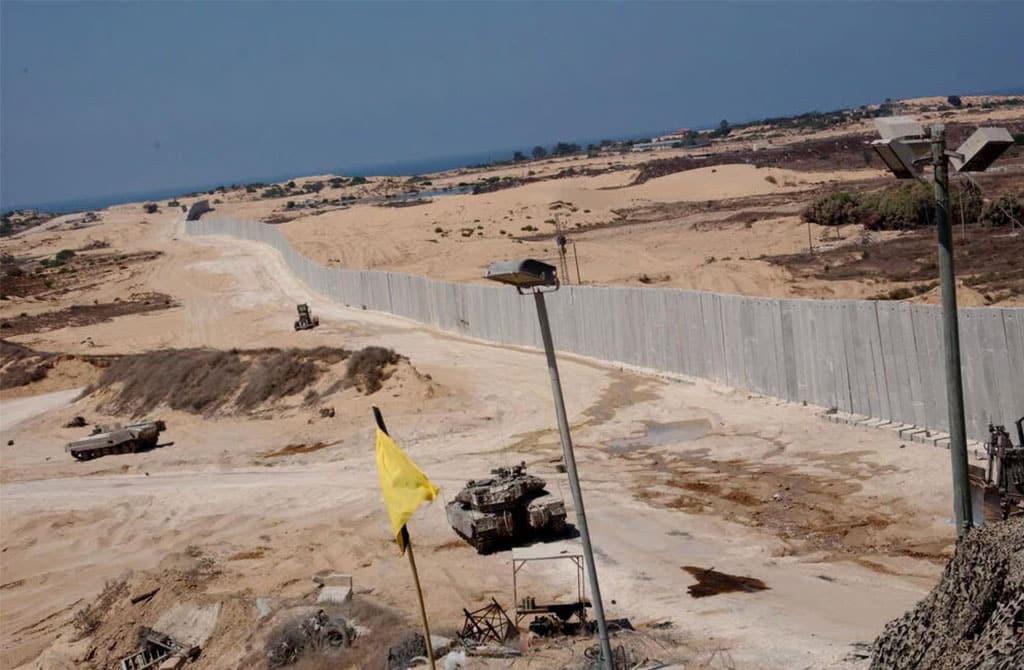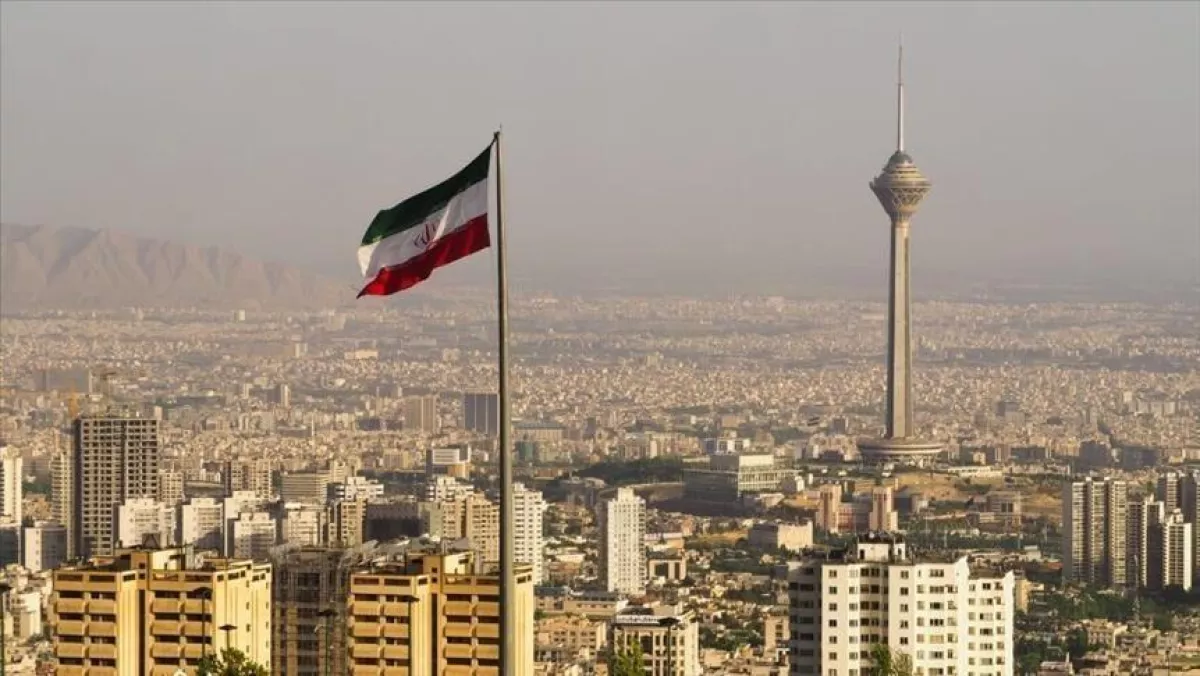Netanyahu manoeuvres under US pressure Partial troop withdrawal from Gaza agreed
Negotiations continue between the parties involved in the Arab-Israeli conflict, with a potential deal regarding hostages on the table. Hamas is reportedly willing to release about 100 individuals to Israel (some of whom may have already died) in exchange for the withdrawal of Israeli forces from Gaza and a ceasefire.
The recent appointment of Yahya Sinwar, a Palestinian military leader, as the head of Hamas could lead to a harder stance from the group. It's important to note that the previous leader, Ismail Haniyeh, was killed in Tehran during an attack that some experts suspect was orchestrated by Israel.
Israeli Prime Minister Benjamin Netanyahu faces significant challenges in meeting President Biden’s demands. While there is growing domestic pressure, as a majority of Israelis support a deal with Hamas, Netanyahu is also contending with external pressure from the US, which could affect the supply of munitions to the Israeli military.
Adding to Netanyahu’s difficulties, radical ministers in his government, Bezalel Smotrich and Itamar Ben-Gvir, oppose the deal and demand the destruction of Hamas—a goal the Israel Defense Forces (IDF) has not yet achieved. They have threatened to withdraw from the coalition if their demands are not met, which could lead to the coalition’s collapse and new elections, in which Netanyahu could face defeat, according to polls.
Thus, Netanyahu finds himself in an extremely difficult situation, facing pressure from all sides.
Axios reports that Biden asked Netanyahu during a conversation on August 21 to withdraw Israeli troops from part of the border between Egypt and Gaza as the first step in the hostage release deal and ceasefire. The US hopes this move will facilitate further progress in the negotiations.

One of the major sticking points in the negotiations with Hamas has been Netanyahu's demand that the IDF remain stationed along the Philadelphi Corridor on the Egypt-Gaza border during the first phase of the deal. However, recent reports indicate that Netanyahu has partially complied with Biden's request by agreeing to withdraw one Israeli position from the border.
Israeli officials have reported that Biden requested the withdrawal of troops from a 1–2-kilometer strip along the border between Egypt and Gaza. This area is near the Rafah coast and adjacent to the Tel al-Sultan area, where many displaced Palestinians are taking shelter. Netanyahu’s partial agreement means that other IDF forces will remain in the Philadelphi Corridor during the first phase of the deal.
Israeli officials have expressed doubts that Hamas will accept the new proposal with only a slight reduction in IDF deployment.
White House Press Secretary John Kirby stated that “the process is actually moving forward... It’s moving forward in the way we had outlined earlier in terms of these next rounds of talks. Now, what’s critical is that everybody participate in these talks and that sides continue to work towards implementation; that everybody comes to these discussions with an eye towards actually closing out these implementation details and getting after it… And so, again, early signs in Cairo — and these are early signs — is that the discussions have been constructive.”
The US is highly interested in advancing a deal between Israel and Hamas. The Biden administration would like to present this as an achievement ahead of the November elections.

Additionally, Iran may choose not to respond to an Israeli strike (the assassination of Haniyeh in Tehran) if a deal is reached, hostages are returned to Israel, and Israeli troops withdraw from Gaza while maintaining a presence of Iran-allied Hamas there. Iran, fearing an escalation of conflict with Israel due to the powerful IDF Air Force and potential US support, would prefer this outcome.
This is also advantageous for the US administration, as it helps avoid a dangerous escalation of the conflict between Iran and Israel, which could lead to rising gasoline prices and draw the U.S. into the conflict on Israel’s side. Such scenarios are unacceptable for a democratic administration ahead of the elections.
Thus, the US is exerting pressure on Israel to try to force it to meet the terms of the deal. However, the outcome of these negotiations remains uncertain.








